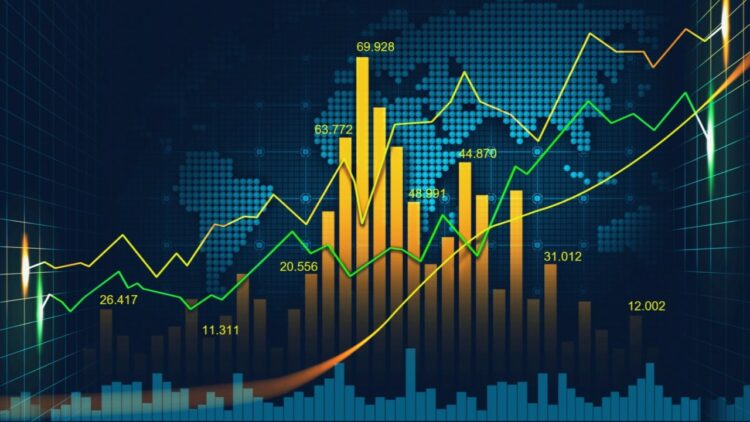Forex trading isn’t just about chasing profits—it’s also about avoiding losses, which, truth be told, most people fail to do. Losses often come from letting emotions take control or getting too caught up in the results of a trade. This happens more often than you’d think: you over-analyze, make too many trades, and end up losing. The key is discipline—having a strategy and sticking to it. An Automated Forex system, also called algo trading or forex robot, executes pre-programmed orders without letting emotions mess things up. Even cryptocurrencies now use bots to handle automated trading, a sign of how far this field has come.
But automated Forex trading has its flaws. The systems rely on stable electricity and internet access. Without those, they fail. And while computers are powerful, they can’t always handle highly complex strategies without human help. Whether you’re a pro or just starting, you’ve got to ask yourself: will automating improve your trading, or will it just make things harder?
Advantages of Automated Forex Trading Systems
One major plus of algo trading is that it removes emotional decisions. Each trade follows a set program, meaning you’re less likely to panic and buy or sell based on fear or hype. For instance, traders often make errors when they’re rushing, like setting a sell order too low by forgetting a zero. Automation eliminates those mistakes.
Another benefit is backtesting. This lets you use past market data to see how your strategy might perform in real life. It’s like running a practice test. If it works, you can automate it instead of relying on guesswork and risking losses.
Automation also keeps you disciplined. Many traders come up with a plan but abandon it as time goes on. A saying goes, “Plan the trade, trade the plan.” Automating your trades helps you stick to your plan every single time.
Algo systems can also help diversify your Forex trading. By managing multiple accounts or strategies at once, computers can scan markets quickly and act faster than you ever could manually. This reduces risks and increases chances for profit.
Disadvantages of Automated Forex Trading Platforms
But automation isn’t foolproof. One simple issue is Connectivity. If your WiFi goes down or there’s a power outage, your trades might not execute. This can lead to massive losses, especially if the system runs on your personal computer and not a broker’s server.
Another problem is over-optimization. Some Forex traders get obsessed with tweaking their strategies to work perfectly with historical data. But when the market changes, these “perfect” strategies fall apart. They’re too tailored to past scenarios and don’t work in real-time. Starting small and building slowly is a better approach.
Cost is also a barrier. Big firms like hedge funds and banks can afford custom software, but individuals often can’t. Off-the-shelf algo software isn’t always reliable—it might have bugs or lack proper documentation. If you’re buying one, you should consult an expert to avoid mistakes. On top of that, the price tag for decent software is steep, making it inaccessible for casual traders.
Scams are another concern. If something sounds too good to be true—like “free” software or guaranteed profits—it probably is. Do your homework before investing in any automated trading system. Read reviews, compare options, and scrutinize the fine print.
Forex Trading Robots and MetaTrader-4
Creating a trading robot isn’t as easy as plugging in numbers. The MetaTrader-4 platform, widely used for Forex trading, supports automated systems written in the MQL4 programming language. Thousands of scripts, indicators, and robots are already available, which you can buy, rent, or test for free.
However, building your own robot requires clear communication with programmers. If your instructions are vague, the final product won’t meet your expectations. Precision is key when drafting the algorithm for your trading system.
Should You Automate?
If you’re trading on your home setup, server-based systems from exchanges can save you from disasters caused by bad internet. Still, deciding to automate your trades is a big choice. It takes time, money, and technical skills to set up an effective algo strategy.
Professional Forex traders should give automation a shot—it might align well with their trading styles. For disciplined individual traders, starting small with a basic custom strategy can be a smart way to learn the ropes. Many platforms offer “wizard” tools, and templates you can tweak to fit your needs.
Interestingly, mixing manual and automated methods might deliver better results. You could use Forex trading for speed and precision while reserving manual trades for more nuanced decisions. This hybrid approach might help you find the perfect balance in your trading journey.



